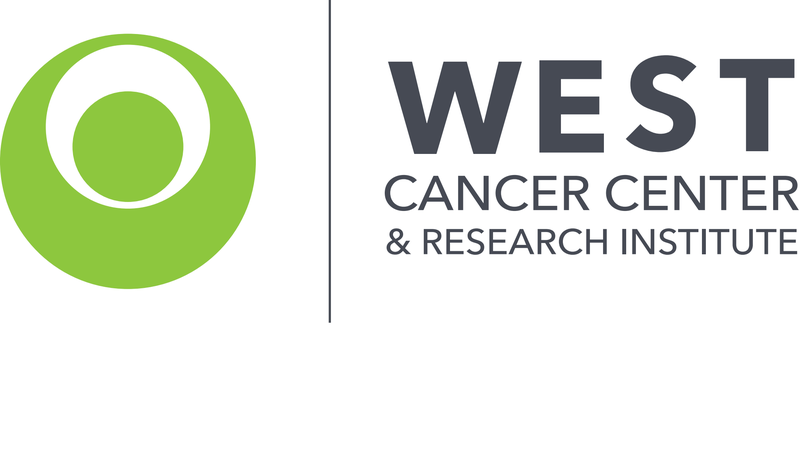
Emergence of Biosimilars Poised to Alleviate Financial Toxicity in Oncology

Bradley G. Somer, MD, discusses the emergence of biosimilars in oncology
Bradley G. Somer, MD
The emergence of biosimilars in cancer care has the potential to relieve some of the financial burden related to drug costs, as well as increase sustainable growth within the field, explained Bradley G. Somer, MD.
“[Biosimilars] is an expanding field, and we have a lot of different options. It is important to dedicate some focus on [biosimilars], because you can come up with the best game plan and best product to implement for your practice,” Somer said. “It's going to be a rapidly developing field as more options become available on a rapid-fire basis.”
In an interview during the 2019 OncLive® State of the Science Summit™ on Breast Cancer, Somer, medical oncologist, senior partner of the Executive Cancer Council, and head of Strategic Expansion/Development of West Cancer Center, and an associate professor in the Department of Hematology and Medical Oncology at the University of Tennessee Health Science Center, discussed the emergence of biosimilars in oncology.
OncLive: What are your thoughts on the approvals of biosimilars in oncology?
Somer: [The arrival] of biosimilars is very exciting because it gives us additional options that are of lesser cost and create a more sustainable system in oncology. The most significant issues in oncology, as we're getting all these amazing advances in cancer therapy, are that the expense and the rate of growth are not sustainable.
We, as a community, need to come up with a game plan in terms of how to make care more affordable and allow us to continue the development of newer therapies, in order to make this explosion something sustainable. Biosimilars are one part of that and hopefully it's the beginning of more to come. There are other areas, such as comprehensive care, decreasing hospitalizations, and more that could lower costs, but biosimilars will be major in [decreasing the financial strain of] oncology.
How will the availability of biosimilars impact the cost of reference products?
The market share will likely drop in terms of the reference product because people are going to be using some of those biosimilars. Unless there are expanded indications, which hopefully that will continue to be, there will probably be a shift in the metastatic or palliative setting toward these lower cost alternatives.
Has there been hesitancy with physicians getting on board with biosimilars in practice?
When something is new, it always takes time. When you have comfort using [agents] the way that you have been using them, it's hard to veer from that. There is so much to learn in oncology in terms of efficacy and safety, so to veer off into [a value-based approach] is something that your average oncologist or oncology practice isn't going to focus on—unless you're sophisticated enough or have interest to explore that. There is so much information that is out there and our minds are only so big. It's been a challenge that takes a lot of education, strategy, and focus from a practice perspective.
What are some ways that physicians can better educate themselves on biosimilars?
In general, [physicians can educate themselves] the same way that they would get educated on anything related to efficacy: using medical education programs. Additionally, when we go to ASCO, ESMO, and other medical conferences, [biosimilar education is] something that has to be front and center. There are comparative studies that are being done, but the conversation has to continue to develop in terms of whether we can go apply [the data with biosimilars to practice]. Where do we stop? That has to be an ongoing conversation.
Ultimately, the decisions have to be made based on what we are doing, [and ensuring] that is best for our patients and society. When we get a patient, we're thinking about that [individual] patient in front of us and we're never going to veer from that. However, as a system—both as a large practice or as a society in general—we have to think about it more holistically and come up with the best game plan to give the best value, without changing efficacy. As long as there is no change in efficacy, you can get by with the better value option.






































